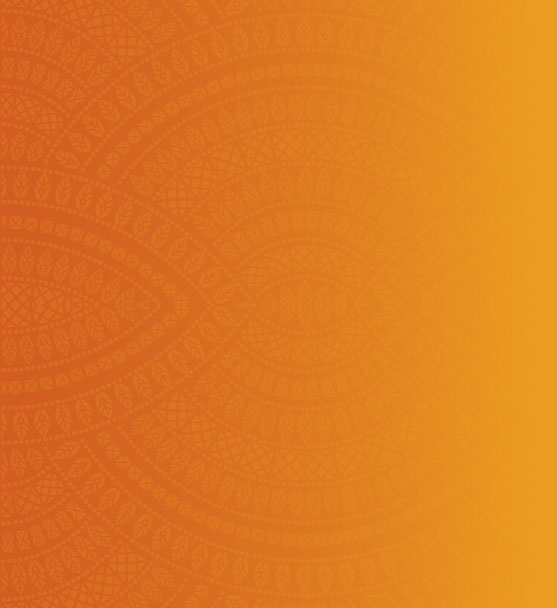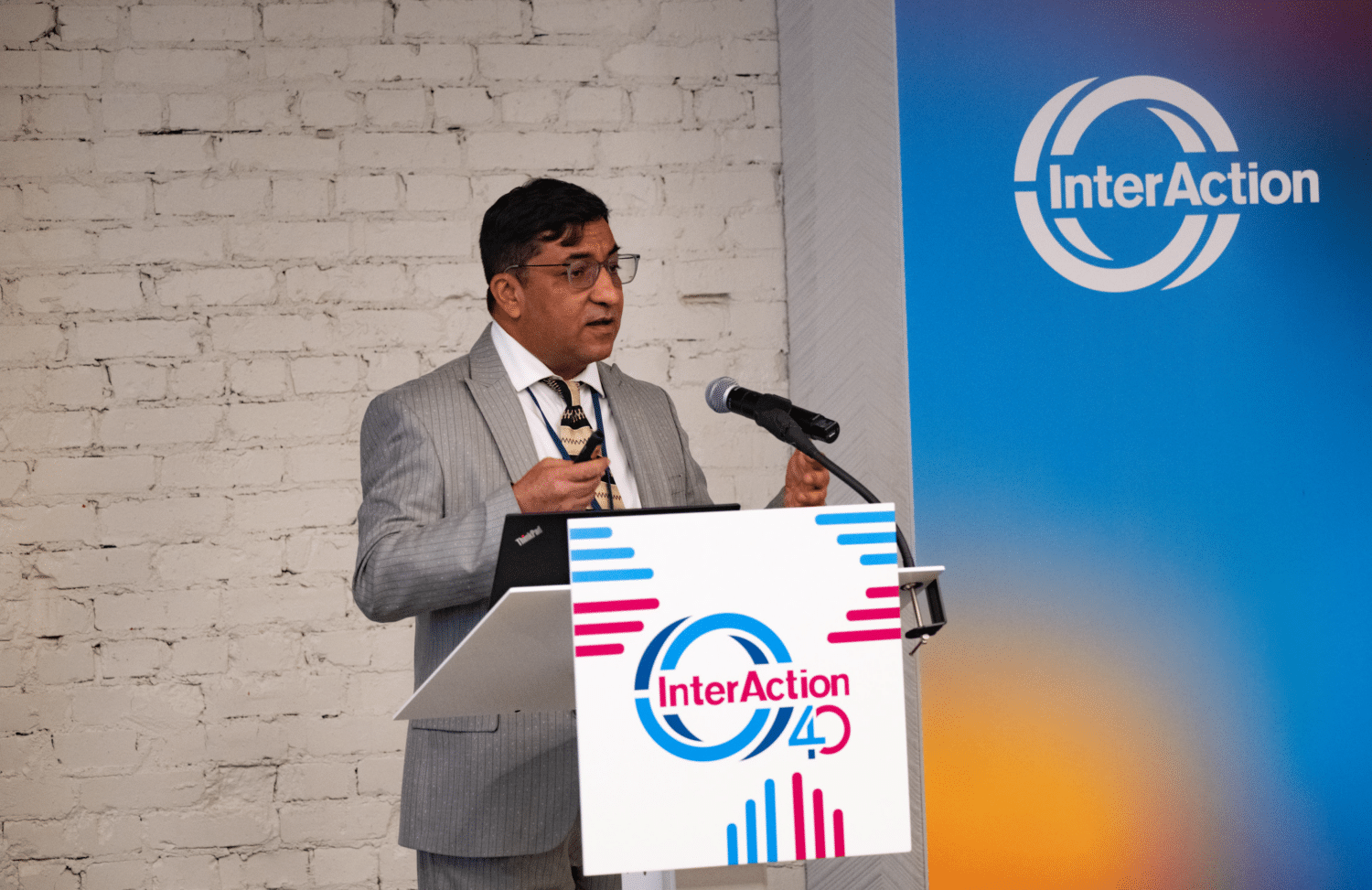

EAI Delivers Lightning Talk on Power of Media, Community Engagement at InterAction Forum

EAI’s very own Dr. Anwar Jamili presented a dynamic lightning talk at InterAction 2024 Forum on combining the power of media and community engagement to effect positive social change in conflict zones. In delivering “Storytelling: Catalyzing Conversations and Change,” Dr. Anwar explained how EAI helps communities transform social norms and open unique avenues of dialog on sensitive issues, particularly gender-based violence and Bacha Bazi.
Drawing on lessons learned from many years of social behavior change programs in Afghanistan, he described how to increase the impact of storytelling when developed and delivered in local languages through various media channels and community engagement interventions, including street theaters, magazine-format radio programs and utilization of technology.
Dr. Anwar’s presentation prompted questions on the viability of the project, and he was thrilled to explain that it is certainly scalable and replicable, and exactly how. When examining strategy and activity, the top considerations are going to be strategy and what methodology will be engaging communities and enhance the outcome of the interventions and at end result to community mobilization most effective in moving communities forward.
Before the start of each project, the EAI team conducts formative research to find out key aspects of how to engage communities in the intervention, what were any existing gaps, what were existing resources and how to implement the activities at the field level smoothly. We shared the result of the research with stakeholders and content advisory members who were serving as a steering committee for the project. The research informed the content development of the intervention, which resulted in successful program implementation and the achievement of long-term goals as well.
For example, with a radio program, EAI uses technology (usually WhatsApp) to pose questions to communities and receive answers on what groups or individuals would find most helpful – whether adapting past topics or exploring new ones. One community wanted information on how women in prison can be made aware of their rights. EAI developed a radio spot and disseminated it to audiences in that community. Instead of asking just passive questions, EAI froze the scene and then asked participants what they might do to solve the challenge and how. Then they would record (or re-record) a spot and share it with audiences for feedback.
The project has also helped break down barriers between citizens and government officials by using WhatsApp or text messages to gauge interest levels in addressing a topic that is important to the community. Subsequently a few panelists from state offices might convene before 50-60 people from the community to 1) discuss problems honestly, 2) understand challenges and 3) move forward collaboratively on the area’s most pressing issues. Afterward, people are always asked to provide feedback on how the approach – and the intervention itself – can improve.
Dr. Jamili serves as a Program Manager at EAI, where he oversees field-based project management and enhances the organization’s technical expertise in Social Behavior Change, Countering Violent Extremism and peacebuilding programming. He has managed and spearheaded over 85 community engagement programs spanning social inclusion, education, peacebuilding, public health, early childhood development, countering extremism, youth and girls’ empowerment, civil society, good governance and civic education.